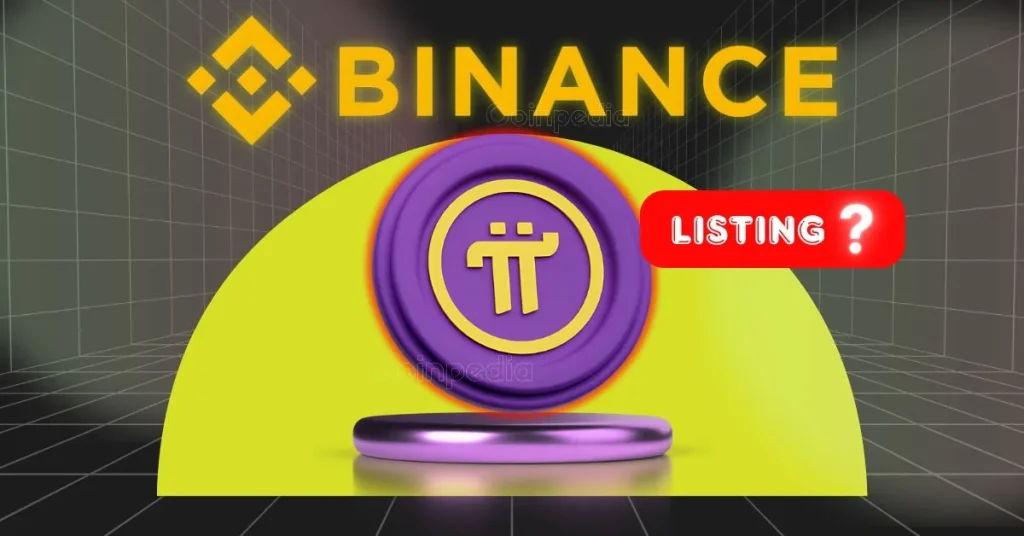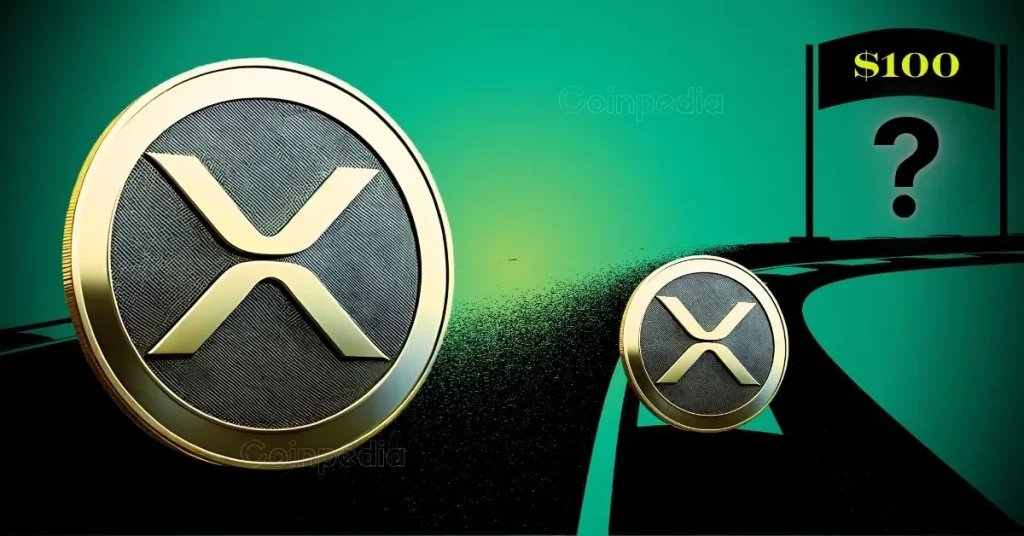
If you’ve followed the evolution of Bitcoin (BTC) for any length of time, you’ve probably been told, “But it’s not money!” countless times.
Critics of Bitcoin bring up the textbook definition of currency as a medium of exchange, a unit of account, a store of value, and assume that such a requirement is a requirement only because it is said to be a requirement. , argues that Bitcoin can never meet all three.
One of the many valuable gifts the birth of Bitcoin gave the world is that it made us question the definition and usefulness of currency. Most people assume they know what currency is, but their ideas are always clouded by their own experience.
I used to work in traditional finance, so I thought I knew what currency was. But in fact, I found out that I was confused with numbers. Others confuse currency with exchange, or treat currency as collectibles. But they all have in common that they understand that money is useful. That’s why people want currency.
evolving currency
The beginning of a 2015 briefing from the European Central Bank (ECB), which is not very friendly to innovation, has a clear explanation:
“The nature of currency has evolved over time.”
However, ECB board member Fabio Panetta said in a speech at the Bank for International Settlements (BIS) annual meeting on June 23 that “cryptoassets (virtual currencies) cannot fulfill the claim that they will play the role of currency. I haven’t,” he said.
Let me quote one more thing.
“Crypto-assets have not evolved into an innovative and robust form of finance, but rather have degenerated into harmful finance.”
Aside from the fundamental mistake that all cryptocurrencies have the same purpose, this speech highlights that Panetta’s understanding of how cryptocurrencies work is elementary school level (I don’t mean to insult elementary school students. ).
And so are traditional markets. All his criticisms of crypto-assets apply equally, if not more, to currency and stock markets. Currencies and stock markets have existed much longer.
But what he wants to say is that the cryptocurrency industry “doesn’t generate social benefits so far” and therefore doesn’t deserve public support.
Lack of understanding of crypto assets
Such chaos itself is fine. Most people still don’t understand cryptocurrencies. What depresses me is the official approval of such a speech at a high-ranking event.
A senior official at a key macroeconomic institution argues that Europe’s needs are the world’s needs, and that Europe’s view of currency is the view of the world’s currency. Moreover, this statement comes from a representative of an institution that recognizes that currencies evolve.
Panetta seems to believe that free-market crypto assets should be regulated and rendered obsolete while central bank digital currencies (CBDCs) are developed using blockchain. Now, let’s get to the point.
Panetta doesn’t necessarily appear to be against the evolution of currency definitions. The growing debate over central bank digital currencies shows that this evolution is inevitable (more on that later).
Panetta’s objection is to the evolution of the free market. Everything about currency, even its definition, should be centrally controlled. Mr. Panetta’s remarks suggest that he thinks that would be better for the people. Citizens will suffer if they invest in innovation in the free market. So centrally managed public innovation is about keeping that from happening.
from a different angle
The rest of the BIS conference was similar. The BIS, the central bank of central banks, released its annual report last weekend.
The 142-page report devotes one of its three chapters to “The Future Monetary System.” It elaborates on the idea of a “unified ledger” that connects the various CBDCs and tokenized securities networks currently under development, highlighting the benefits of asset tokenization, especially the efficient coordination of ownership and settlement, and the transparency of asset allocation. It is admired for its ability to enhance sexuality.
But for crypto assets:
“Crypto assets and decentralized finance (DeFi) have offered a glimpse of the promise of tokenization, but crypto assets are flawed systems and cannot assume the position of the currency of the future. It has little contact with the world, is not only self-reflective, but lacks the anchor of trust in the currency that central banks provide.”
The report aligns with Panetta’s view that all cryptocurrencies are “the same” and that all previous experiments have failed. He argues that public institutions are much better at knowing what is good for citizens.
The overarching message is that ‘we recognize that currencies are changing, and it is up to us to decide how that change will be’. The logic seems to be that changes in something as important as currency should not be spontaneous and should be managed.
important question
If you dig deeper, you’ll eventually find that even official thinking about currency is changing.
Two economists from the Deutsche Bundesbank presented a paper entitled “Empowering central bank money for a digital future” at the European Money and Finance Forum in June.
This is not the official paper of the Deutsche Bundesbank, but the personal views of the authors. One of them is Martin Diehl, head of payments systems analytics, who has worked at Deutsche Bank for 22 years.
The paper discusses the design of central bank digital currencies, recognizing that the guiding principle should be “form follows function.” It reflects the idea that the function of a currency is neither universal nor immutable, and that the design of a currency should take that function into account.
But what is the function of currency? To return to the textbook definition above, it is for some people a payment mechanism, for others it is a store of value, and for others it is a unit of account. Traditional economists argue that it must be all three, but that assumption is crumbling as we face the need to decide what a central bank digital currency should look like. be.
Another part of the report states:
“What has never changed is that currency is what currency does.”
While struggling to let go of traditional definitions, the authors acknowledge that technological advances, largely driven by the birth of blockchain, have allowed some separation of currency characteristics.
Technology has influenced what currency can do, and we are still in the process of embracing it in its form.
It has always been possible for currencies to create programmatic features (like vending machines or arcade games), but now they are becoming more sophisticated. Currencies have always had potential as collectibles (signed banknotes, historical banknotes), but are now much more flexible. Currencies can now embed both clearing and settlement functionality. Currencies are now programmable.
What is the new shape of currency?
So back to the discussion of what a CBDC should do. Should it be programmable? It would be hard to resist the temptation to limit payments or change payment channels based on activity.
Furthermore, are programmable currencies interchangeable? Many people think that currencies should be convertible (and they are).
Should it replace the current wholesale payment system or simply plug into it? A full replacement would allow real-time tracking of cash flows, but would be much more risky and far more complex to operate.
These questions highlight a rethinking of the nature of money, even if financial practitioners are unaware of it themselves.
Meanwhile, crypto developers continue to push boundaries, explore use cases, and wait for the legacy financial industry to discuss the notion that the old definitions might be useful. But the legacy financial industry no longer sets the rules and they are not powerful enough to control the direction of change.
|Translation and editing: Akiko Yamaguchi, Takayuki Masuda
|Image: BIS building in Basel, Switzerland (MDart10/Shutterstock.com)
|Original: How Central Bankers Are Reshaping the Definition of Money
The post Evolving currency, what does the central bank think | CoinDesk JAPAN | Coin Desk Japan appeared first on Our Bitcoin News.

 1 year ago
81
1 year ago
81














 English (US) ·
English (US) ·